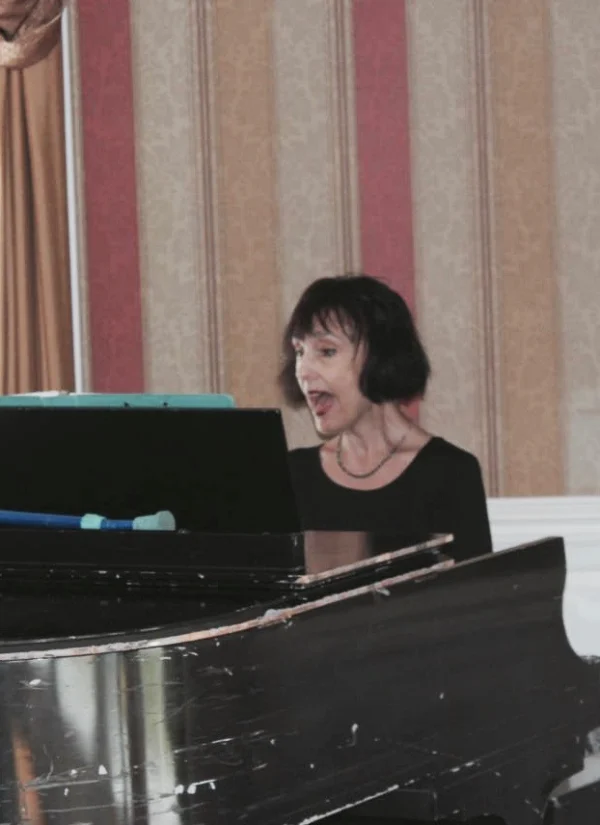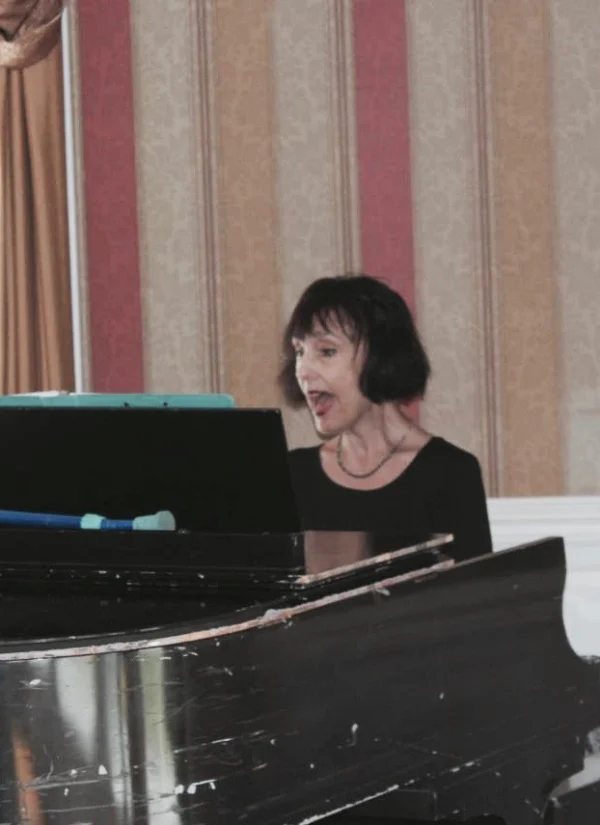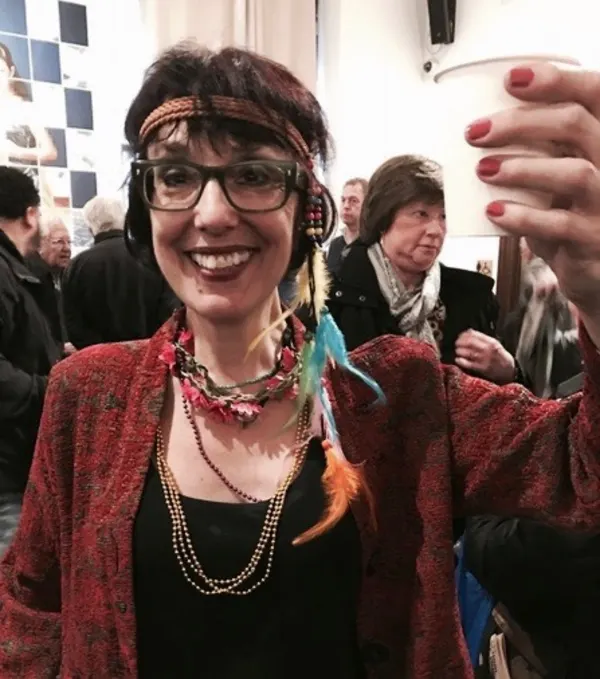Mary Feinsinger Music
About
Mary Feinsinger has a Master’s Degree in Voice from The Juilliard School. She has taught professionally for over 25 years, and specializes in the pedagogy of popular vocal technique and styles. Her eclectic, individualized approach to vocal instruction reflects her wide-ranging experience as performer and music director. She has extensive experience in teaching opera, and applies classical breathing techniques to other singing styles: rock, pop, musical theatre belt and legit and offers intensive work on smoothing vocal registers.
She is an accomplished vocal coach and choral director, and offers intensive diction coaching in Italian, French, German, Spanish, Yiddish, and Hebrew.
She specializes in teaching sight-reading.
In addition, she offers theory, piano instruction, and piano instruction tailored specifically to singers.
For the past five years, she has been affiliated with AND-Vision in Tokyo, for whom she teaches American singing styles to Japanese students.
She is a member of The National Association of Teachers of Singing, the New York Singing Teachers’ Association, and the New York Singing Teachers’ Association (New York City).
Mary offers long-distance instruction via Skype and other media, and is able to work with students who are unable to travel to New York City.
I like intersecting with people’s brains, and knowing that I’ve had a hand in helping someone learn something new. Everyone is different, though: some people like repetitive rigorous exercises, some don’t; some people think neatly and sequentially; others are more global and non-verbal. Not everyone learns the same way I do. My job as teacher is to find out what works for each person. Figuring that out is a wonderful challenge: it’s my idea of fun!
For more information, go to my website:
maryfeinsinger.com
Highlights
Photos and videos



Reviews
Julia S.
Janet W.
Mary P.
Mary P.
Frequently asked questions
What is your typical process for working with a new student?
For me, part of the joy of teaching is figuring out how I can intersect with each person to maximize enjoyment and progress. Every student is different!
What education and/or training do you have that relates to your work?
I have a Master's Degree in voice from The Juilliard School, where I was also on the piano accompanying staff.
I conduct the Broadway at 92Y Chorus, and music direct the cabaret classes there.
I'm a composer/lyricist in the Advanced BMI Musical Theatre Workshop.
I bring everything I do to my teaching.
Do you have a standard pricing system for your lessons? If so, please share the details here.
I offer an introductory session for only $100. I encourage prospective students to make appointments with a couple of different teachers. If, after the sample session, it seems like what I do is useful to the student, we discuss pricing based on what sort of lessons are required.
How did you get started teaching?
People started asking me if I could teach them how to do what they heard me do. I found I enjoyed teaching a lot!
What types of students have you worked with?
All types—from my pediatrician's 4-year old, to a friend's 95-year-old grandmother who was one of the first graduates of the Institute of Musical Arts (which became Juilliard). I've been fortunate to have worked with all sorts of different people—professional and avocational—who all wished to include music in their lives in some way.
Describe a recent event you are fond of.
Musical: conducting the Broadway chorus, playing cabaret shows, playing 4-hand Mozart duets with one of my oldest friends.
Non-musical: I'm enthralled by (my second time around!) watching The Great British Baking Show.
What advice would you give a student looking to hire a teacher in your area of expertise?
Make appointments with several different potential teachers, to get some idea of styles, vibes: it's important to feel in synch. Consider it an audition for the teacher—not for you! Schedule four sessions with the teacher you've chosen, give the work your best shot. After that, you should be in a good position to see if the lessons are working out—if you (or your listeners!) notice any progress, and if you're enjoying the process, and whether you want to continue.
There's no point to do it all, if you're not getting joy from it!
What questions should students think through before talking to teachers about their needs?
Any question at all that occurs to the student needs to be brought up. One good general question: where do you want to be with your music a year from now?!